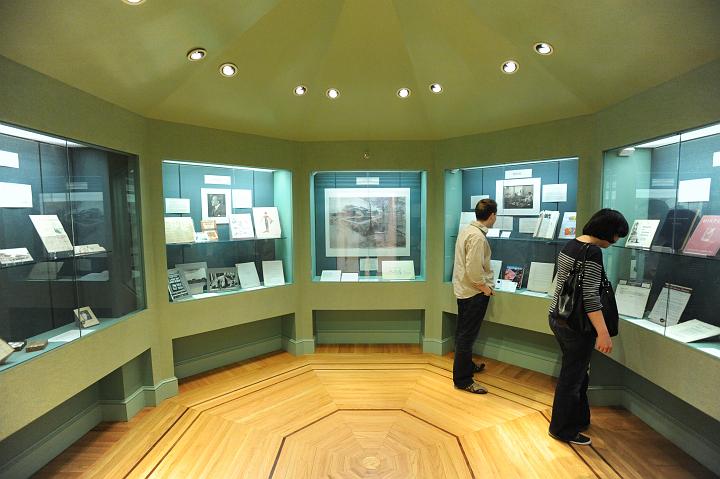Abram J. Jaffe papers, 1950s-2015
Collection context
- Creator:
- Jaffe, A. J., 1912-1997
- Extent:
- 31.25 linear feet 23 record cartons
- Language:
- English .
- Scope and content:
-
Correspondence, manuscripts, research files, teaching materials, memoranda, etc.
- Biographical / historical:
-
Jaffe was a statistician, employment expert and anthropologist who for more than two decades directed the Manpower and Population Program of Columbia's Bureau of Applied Social Research.
Analyzing labor statistics, economic trends and population movements, he reported a number of unexpected findings: in 1967, that living standards of retired workers were deteriorating and that poverty stalked one half of all retired persons; in 1975 that socially and economically, native Puerto Ricans living in New York State lagged considerably behind those living in other states, and in 1976 that, contrary to a common assumption then, women did not tend to move in and out of the labor force but were a stable part of it. Jaffe was born Feb. 28, 1912, in Chelsea, Mass. His family moved to Chicago soon after, and he grew up there, earning his B.A., M.A. and Ph.D. in sociology from the University of Chicago, studying under William F. Ogburn. From 1939 to 1950 he was a demographer and statistician at the U.S. Bureau of the Census. He took a leave from 1942 to 1945 to survey the morale of soldiers for the U.S. War Department. He joined Columbia in 1950 as a lecturer in sociology and began a 26-year term as director of the manpower and population program of the Bureau of Applied Social Research. He studied labor productivity, pension systems, employment patterns of college educated workers and the integration of migrant Spanish Americans. He discovered that people of the 6,000-year-old LaJolla Culture, the earliest North American society, had a life expectancy of 17. And he found that population growth was a result, not a cause, of the transition from hunting to farming on the North American continent He retired from Columbia in 1979 but continued as a special senior research associate in business and anthropology.
Access and use
- Restrictions:
-
Material is unprocessed. Please contact rbml@columbia.edu for more information.
This collection is located on-site.
This collection has no restrictions.
- Terms of access:
-
Reproductions may be made for research purposes. The RBML maintains ownership of the physical material only. Copyright remains with the creator and his/her heirs. The responsibility to secure copyright permission rests with the patron.
- Preferred citation:
-
Identification of specific item; Date (if known); Abram J. Jaffe Papers; Box and Folder; Rare Book and Manuscript Library, Columbia University Library.
- Location of this collection:
- Before you visit:
- Researchers interested in viewing materials in the RBML reading room must must book an appointment at least 7 days in advance. To make the most of your visit, be sure to request your desired materials before booking your appointment, as researchers are limited to 5 items per day.
- Contact:
- rbml@library.columbia.edu
